JfM is an non-governmental organization, with office in Iasi, Romania, whose multidisciplinary team and members are based in Europe. The NGO is focused on improving the judicial system for minors in Romania and at EU level in accordance to international ; Our mission is to contribute to a substantial improvement in judicial system related to child victims and to safeguard the rights and best interest of the ; We pay special attention to resolving crossborder family conflicts and to protect children that assist helplessly at the separation or divorce of their parents who may become victims of international parental ; The focus will be on resolving the conflict through specialist litigation or crossborder mediation. The Justice for Minors NGO wishes through the expertise of its team to limit the psycho-emotional trauma of children and to guarantee the realization of his best interest. The voice of the child is important and we make sure that through our projects and through the work of the specialists in our team, the children's thoughts and feelings are being appreciated. Our Activities mainly are dedicated to: Act as a main point of contact for many families with children and with high value stakeholders; Liaise with other NGO’s and EU institutions and other agencies; Publish articles on our platforms, organise working groups that debate relevant judicial and law issues and raise awareness on important gaps in child judicial system; Listen to Youth voice, empower young members’ decisions and consider their opinions inside the Youth Department within its activities and work; As a multidisciplinary center, we offer legal representation in Court and legal advice, crossborder and family mediation, social expertise, counselling and child psychological support, humanitarian aid including legal advice for ; Our experts represent parents and minors in Courts in litigation and mediation cases in Romania, UK and European Union Member States. Humanitarian activities. Recently, we got actively involved in helping refugees with legal, social, psychological support, ensuring accommodation, food and basic necessities, medical consultation if needed and finding transportation to reach families in other countries. Participate in meetings of the International NGOs we are member and on national platforms we are registered. Research in the field of children’s rights and international cooperation of authorities in the case of child abduction. Organisation of working groups meetings, boarding meetings and conferences. Workshops and seminars on international child abduction, litigation and crossborder mediation in child abduction ases. In detail, our activities are: Legal Assistance & Mediation in family law, children’s rights and any cases which involves minors One of our recent case involved a Romanian family settled in UK. The parents were accused with parental negligence, following the unfortunate incident of their 1 year child that fall over the bed in a moment of parents’ lack of attention. Webinars, Training & Conferences - educational courses on children's rights and civil and criminal judicial proceedings involving minors, both at national and European level; - training for specialists working in the field of juvenile justice on child abduction cases (mediation, litigation, cooperation between Central Authorities and others); C. Publications Articles and studies published on our website; D. Research - elaboration of research documents, strategies and improvement of juvenile justice system - supporting research activities for juvenile justice specialists; E. Working Groups Family mediators Group Social Experts and Child .Psychologists Group Youth Department Each group is elaborating a plan in order to improve the justice system in these field with particular interest on children’s rights, including the administration of evidence in cases involving minors, the terms of which are often disregarded; monitoring the execution of sentences, but also regulating alternatives to custodial measures for minors. F. Cooperation Particularly, we have built partnerships with authorities, institutions, associations and other specialists at national and international level aiming to improving the situation of minors - victims or witnesses of crimes, involved in legal proceedings, as parents separation, divorce or child abduction. In the light of international cooperation, we have built an online platform for professionals for exchanging information and best practices. National Partnerships : Ombudsman (Avocatul Poporului) Psychologist College (Colegiul Psihologilor) The Forum for Civil Society for a better justice, which is the national platform of High Council of Magistrates (platforma "Forumul societății civile pentru o justiție în slujba cetățeanului", CSM) Educational Inspectorate (Inspectoratul Scolar) General Directorate of Social Assistance and Child Protection (DGASPC) International Memberships: Eurochild EPAPFR European Platform for Access to Personal and Family FRA Organisations for children rights reached: Children for Children Environmental Rights (;) European Bauhaus (link: ) Youth Press 5. Dijuf, Child Support G. Activities dedicated to Youth and involving Youth We have established inside the NGO the Youth Department that includes young professionals and students under 30 years old that are actively engaged in the NGOs activities, including decision-making process and weekly ; The Department is run by our young expert and international legal advisor, a member of NGO’s Board, Madalina ; The activities include mentorship, debates, webinars on children’s rights, writing articles and establishing partnerships with other Youth NGOs.
Pin
Open



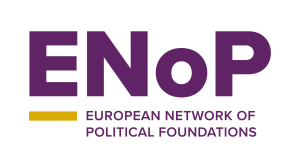

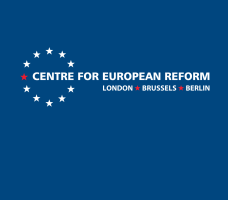

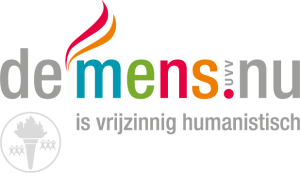
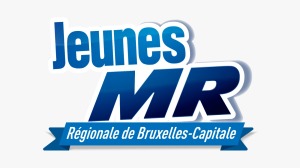
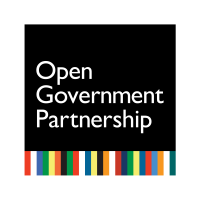


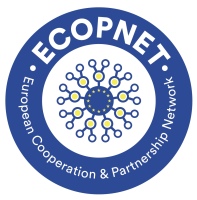
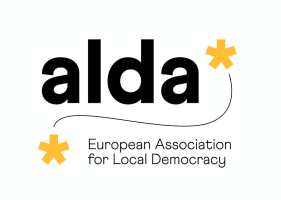

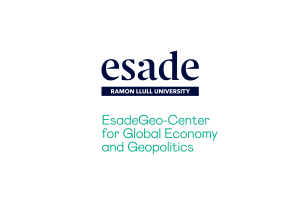

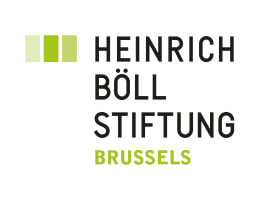
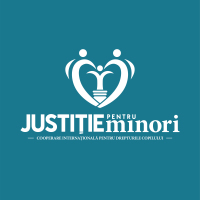

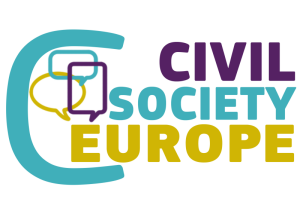
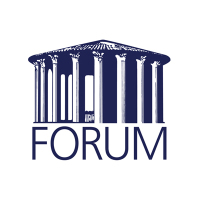

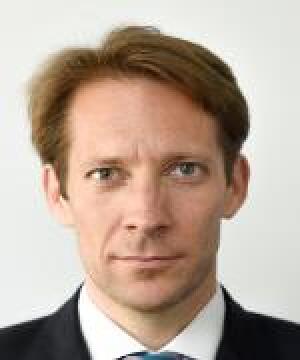
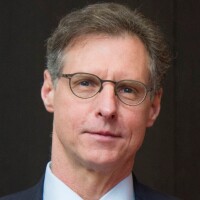
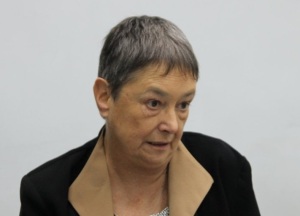
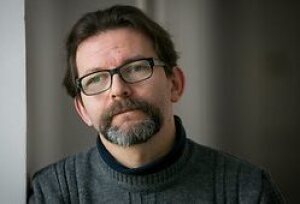
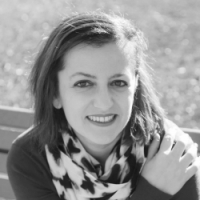
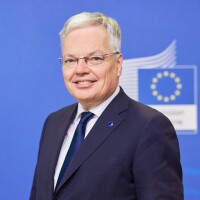
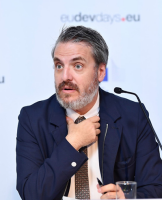


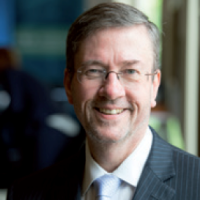
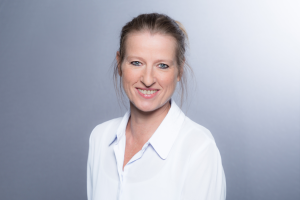
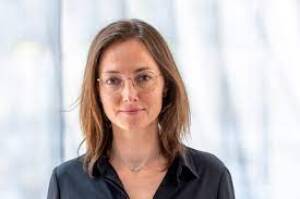
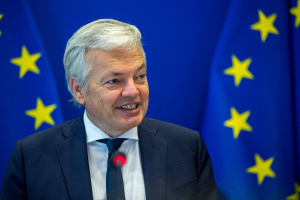



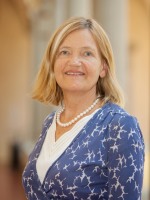

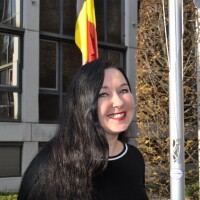

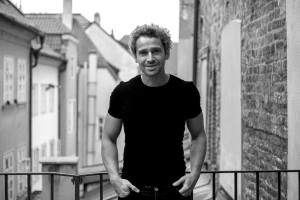

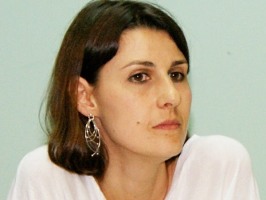

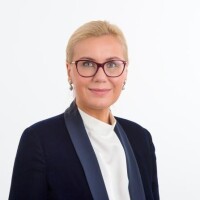
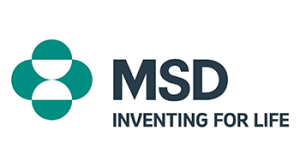

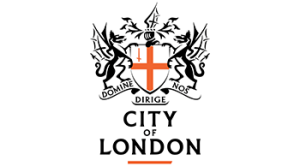
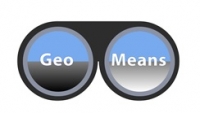



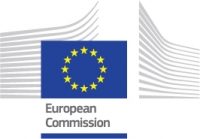
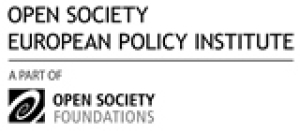

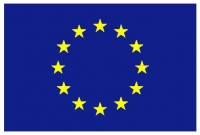

















![The role of the Parliament in appointing the new European Commission [Policy Podcast]](/upload/videos/G_nxeJf5RWw.jpg)




















